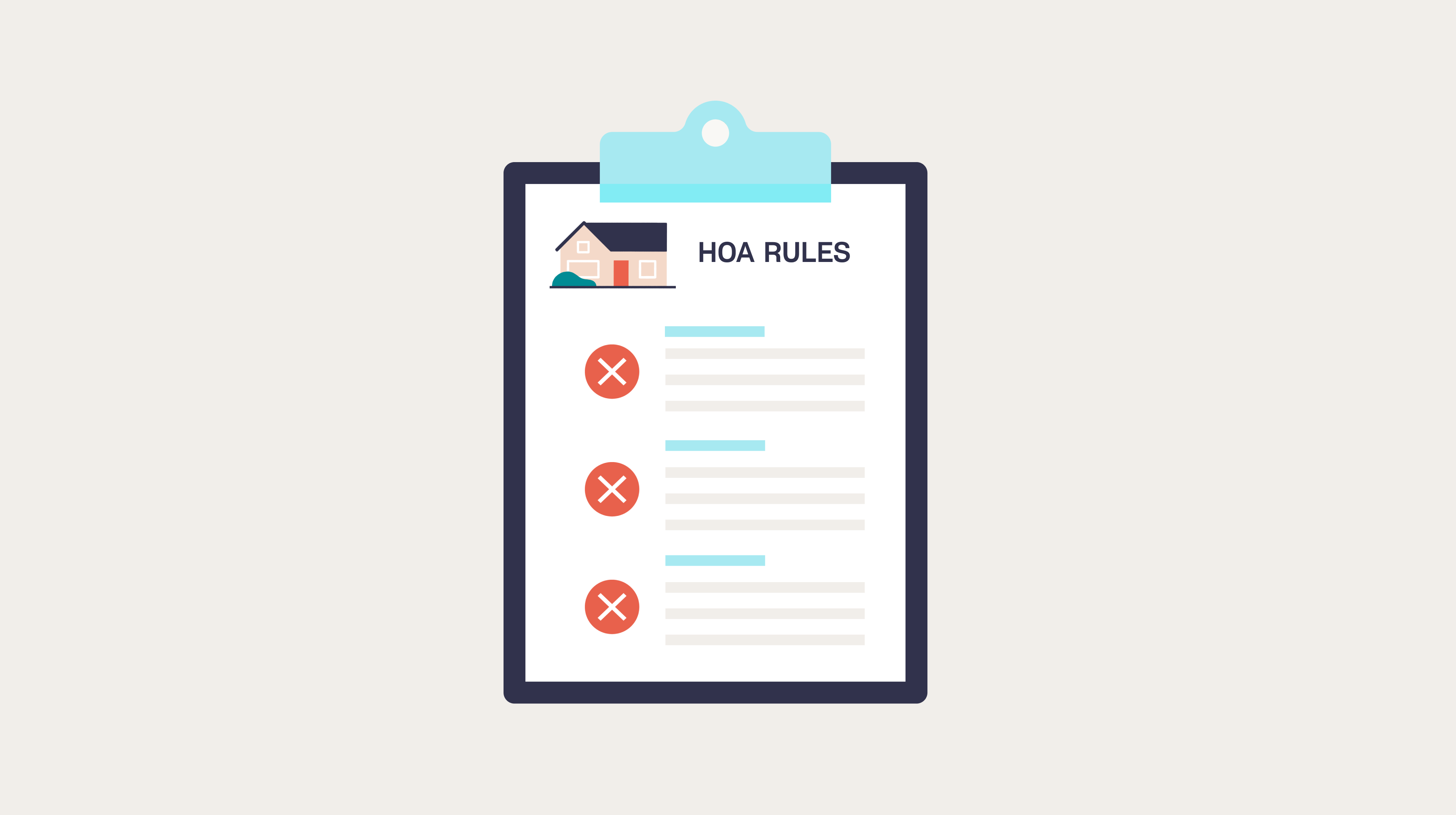Are you thinking about moving to a place with a Homeowners Association (HOA)? The mere mention of an HOA often sends shivers down the spines of potential homeowners. Stories of strict regulations and overbearing neighbors can be daunting. However, before you dismiss the idea of living in an HOA, it’s essential to understand both the advantages and disadvantages it brings. In this blog post, we’ll debunk some common misconceptions and provide insights into the pros and cons of living in an HOA, so you can make an informed decision when choosing your next home.
What is an HOA?
Before diving into the pros and cons, let’s clarify what an HOA is. A Homeowners Association is an organization in a community that establishes and enforces rules for the properties and residents within it. When you purchase a property in an HOA-governed community, you automatically become a member and are required to pay HOA fees to support the organization’s efforts to maintain the neighborhood’s quality.

Pros of Living in an HOA
Maintaining Property Values
The primary goal of an HOA is to preserve and increase property values. While it may seem like they’re imposing strict rules, their intention is to create a cohesive and appealing community. A well-maintained neighborhood can significantly impact your property’s value.
Keeping the Community Attractive
HOAs enforce rules regarding property exteriors, which includes lawn care, outdoor clutter, and even the color of your house. These rules contribute to a beautiful, tidy neighborhood, enhancing its overall aesthetics.
Resolution without Confrontation

Cons of Living in an HOA
Dictation of Exterior Appearance
HOAs dictate how your property’s exterior should look. This includes rules on landscaping, home color schemes, and exterior modifications. If you value personal freedom in home aesthetics, this might be a downside.
Monthly Fees
Living in an HOA comes with regular fees, typically paid quarterly. These fees contribute to maintaining common areas and amenities, but they are an additional cost to consider when budgeting for homeownership.
Restrictions on Short-Term Rentals
HOAs typically restrict short-term rentals (e.g., Airbnb) within their communities. If you plan to rent out your property for less than 30 days at a time, you might want to explore non-HOA communities.
Potential for Mismanagement
The effectiveness of an HOA largely depends on its board of directors, who are residents within the community. Some board members may not always have the residents’ best interests in mind. To avoid a poorly managed HOA, research meeting minutes, review reserve funds, and observe the community’s condition.
How to Avoid a Bad HOA
If you’re concerned about ending up in an HOA with stringent rules or mismanagement, here are some tips to help you make an informed decision:
Join Online Community Groups

Do a Thorough Research
Check online forums and community groups for discussions related to the HOA in question. The comments and conversations can reveal valuable insights.
Evaluate the Community
Take a walk around the community to assess its overall condition and how well the HOA rules are enforced. A well-kept neighborhood is a sign of a proactive HOA.
Living in an HOA has its advantages and disadvantages. While HOAs can maintain property values, enhance the appearance of your community, and offer conflict resolution, they also come with rules that may limit your personal freedom and additional monthly expenses. To ensure a positive HOA experience, conduct thorough research and connect with current residents to gain a better understanding of what to expect. Ultimately, the decision to live in an HOA or a non-HOA community should align with your preferences and lifestyle.





